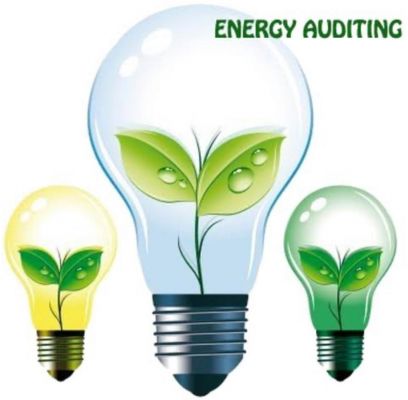Energy Audit
The Power of Energy Audits: Optimizing Efficiency and Savings Introduction :
In a world where energy conservation and cost reduction are becoming increasingly important, energy audits have emerged as valuable tools for businesses and individuals seeking to optimize their energy consumption. By conducting a thorough assessment of energy usage and identifying areas for improvement, energy audits can lead to significant energy savings, reduced environmental impact, and improved financial performance. In this article, we will explore the concept of energy audits and highlight their benefits in achieving energy efficiency.We have experienced accredited energy auditor BEE
Understanding Energy Audits :
- 1.1 What is an energy audit?
- 1.2 Types of energy audits: preliminary, general, and detailed.
- 1.3 The importance of energy audits for businesses and individuals.
- Solar Investment Funds
Key Components of an Energy Audit :
- 2.1 Data collection and analysis.
- 2.2 Building systems and equipment assessment.
- 2.3 Identification of energy-saving opportunities.
- 2.4 Cost-benefit analysis.
- 2.5 Development of an energy management plan.
Benefits of Energy Audits :
- 3.1 Energy and cost savings.
- 3.2 Improved operational efficiency.
- 3.3 Enhanced equipment performance and lifespan.
- 3.4 Environmental impact reduction.
- 3.5 Regulatory compliance and certifications.
Conducting an Energy Audit :
- 4.1 Hiring a professional energy auditor.
- 4.2 DIY energy audits: tools and resources.
- 4.3 Steps involved in the audit process.
- 4.4 Common challenges and how to overcome them.
Implementing Energy Audit Recommendations :
- 5.1 Prioritizing energy-saving opportunities.
- 5.2 Upgrading equipment and systems.
- 5.3 Behavioral changes and employee engagement.
- 5.4 Monitoring and measuring energy usage.
- 5.5 Tracking savings and evaluating the effectiveness of measures.
Long-Term Energy Management :
- 6.1 Establishing an energy management team.
- 6.2 Developing an energy management policy.
- 6.3 Training and education for employees.
- 6.4 Regular maintenance and performance tracking.
- 6.5 Continuous improvement and periodic reassessment.
Case Studies :
- 7.1 Real-world examples of energy audits and their impact.
- 7.2 Successful energy efficiency projects.
- 7.3 Testimonials from businesses and individuals who have benefited from energy audits.
Conclusion :
Energy audits serve as powerful tools for optimizing energy efficiency, reducing costs, and minimizing environmental impact. By conducting a thorough assessment of energy usage, implementing energy-saving measures, and establishing long-term energy management practices, businesses and individuals can unlock substantial savings while contributing to a sustainable future. Embrace the power of energy audits and take control of your energy consumption today, for a brighter and more efficient tomorrow.
